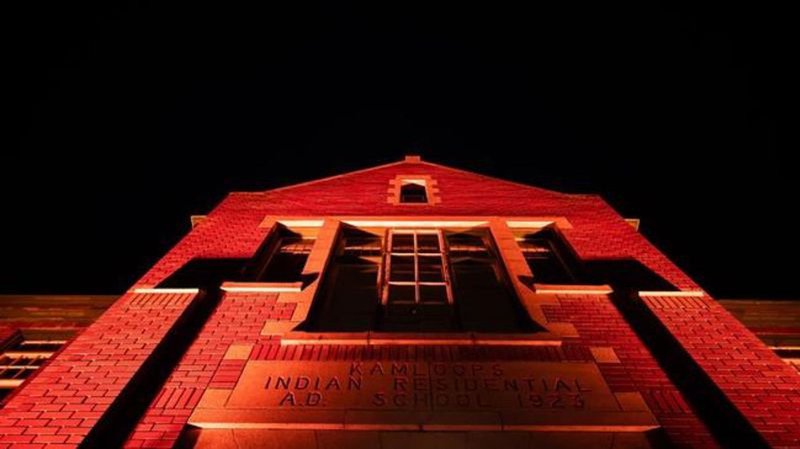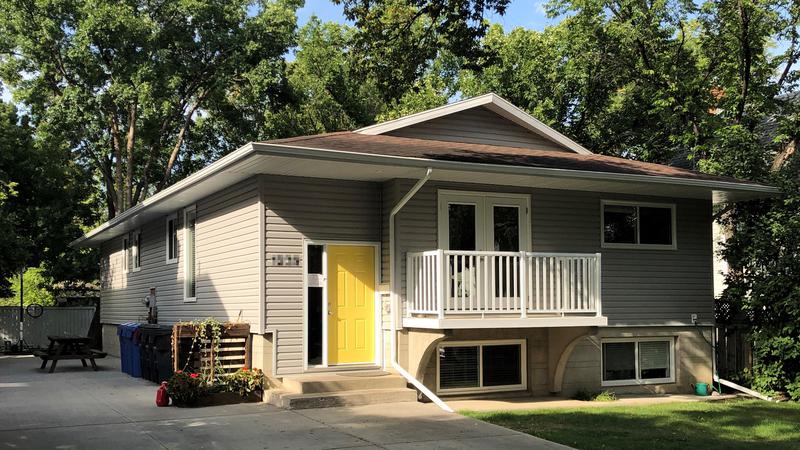
‘Convenient ignorance:’ Canadians’ knowledge of residential schools woefully lacking
TORONTO — Widespread shock at the discovery of what are believed to be the buried remains of 215 Indigenous children has highlighted the pervasive ignorance among many Canadians of one of the most sordid, and as yet incomplete, chapters in Canada’s national story, experts and observers say.
The lack of understanding, they say, is largely due to an education system that has shown a profound reluctance to come to grips with the horrors of the Indian residential school system. Some, however, see the collective shudder at the grim find in British Columbia as evidence of a tipping point toward long overdue change.
“The ‘discovery’ in Kamloops would only be a true discovery or revelation for most ‘mainstream’ Canadians that are non-Indigenous,” said Sean Monteith, an Indigenous education adviser with the Ontario Public School Boards Association. “Most Canadians are ignorant of this shared history. It may not be as wilful as it is convenient ignorance.”
Monteith, director of an eastern Ontario school board who has spent decades pushing reconciliation through education, said teaching about residential schools has inevitably been a spotty check-box exercise that failed to address their still-living legacy of trauma and dislocation. There is no national or even consistent provincial curriculum, he said.


